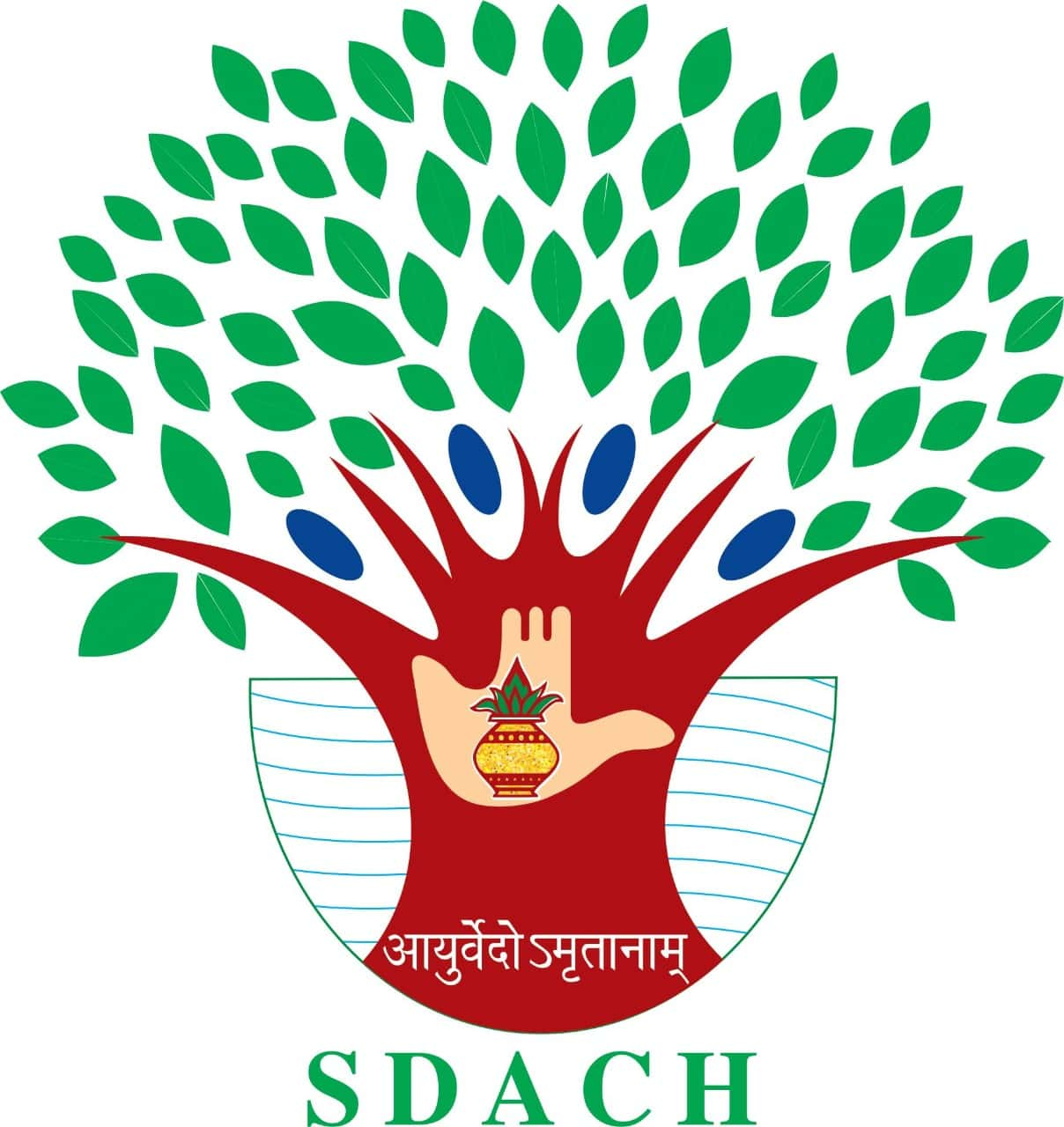Botanical Name : Chlorophytum borivilianum (Safed Musli)
Family : Asparagaceae
Identification No.: SDACH/HG/094
Names in different Indian languages :
Sanskrit : Musli Bhed
Unani : Musli Safed, Biskandri
Hindi : Safed Musli
English : India Spider Plant
Morphology :
It is a perennial herb with a short hard root stocks; roots often thick, fleshy and cylindrical.
The leaves are 15-35 cm long and oblanceolate.
The plant is considered endangered species in the country.
Inflorescence is dense; flowers are arranged in raceme and shortly branched.
Flowers white, anthers as long as or longer than the filaments and yellow in colour.
Bracts are usually long and over topping the shortly pedicelled buds.
Cells of the orbicular capsule are 3-4 seeded and black coloured.
Distribution :
Plant is distributed sparsely over Eastern India, mainly Bengal, Sikkim, Bihar, Assam and few places in Odisha and Meghalaya.
Parts used :
Tuberous Root
Substitute/Adulterant:
– Substitute: Ashwagandha (Withania somnifera) for general tonic effects.
– Adulterant: Sometimes mixed with other Chlorophytum species.
Phytochemicals:
– Saponins (primary active compounds)
– Alkaloids, flavonoids, polysaccharides
– Sterols (stigmasterol, β-sitosterol)
Rasapanchaka:
– Rasa: Madhura (sweet), Tikta (bitter)
– Guna: Guru (heavy), Snigdha (unctuous)
– Virya: Śhīta (cooling)
– Vipaka: Madhura (sweet)
– Prabhava: Vṛṣya (aphrodisiac)
– Dosha Shamakta: Balances Vata and Pitta, nourishes Shukra Dhatu
Karma (Rogaghnata):
– Balya (strength-promoting)
– Vṛṣya(aphrodisiac)
– Rasayana (rejuvenative)
– Shukrala (semen-enhancing)
Amayika Prayoga/Therapeutic Uses:
External:
– Root paste applied for joint pain and inflammation.
Internal
– Sexual weakness: Taken with milk for enhancing libido.
– General debility: Used in convalescence.
– Diabetes: Helps regulate blood sugar.
Part used.Roots (fresh or dried).
Dose:
– Powder: 3–6 g (with milk or honey).
– Decoction: 50–100 ml.
Yoga/Formulations:
– Musli Pak(aphrodisiac preparation)
– Chyawanprash (as an ingredient)
– Musli Khadiradi Vati (for sexual health)
IUCN Status:
– Chlorophytum borivilianum: Near Threatened*(due to overharvesting).
– Curculigo orchioides: Least Concern.
Research updates (past 5 years):
1. 2019: Study on Safed Musli for male infertility (improves sperm count).
2. 2021: Anti-diabetic effects of Musli saponins.
3. 2023: Clinical trial on Musli for chronic fatigue syndrome.






